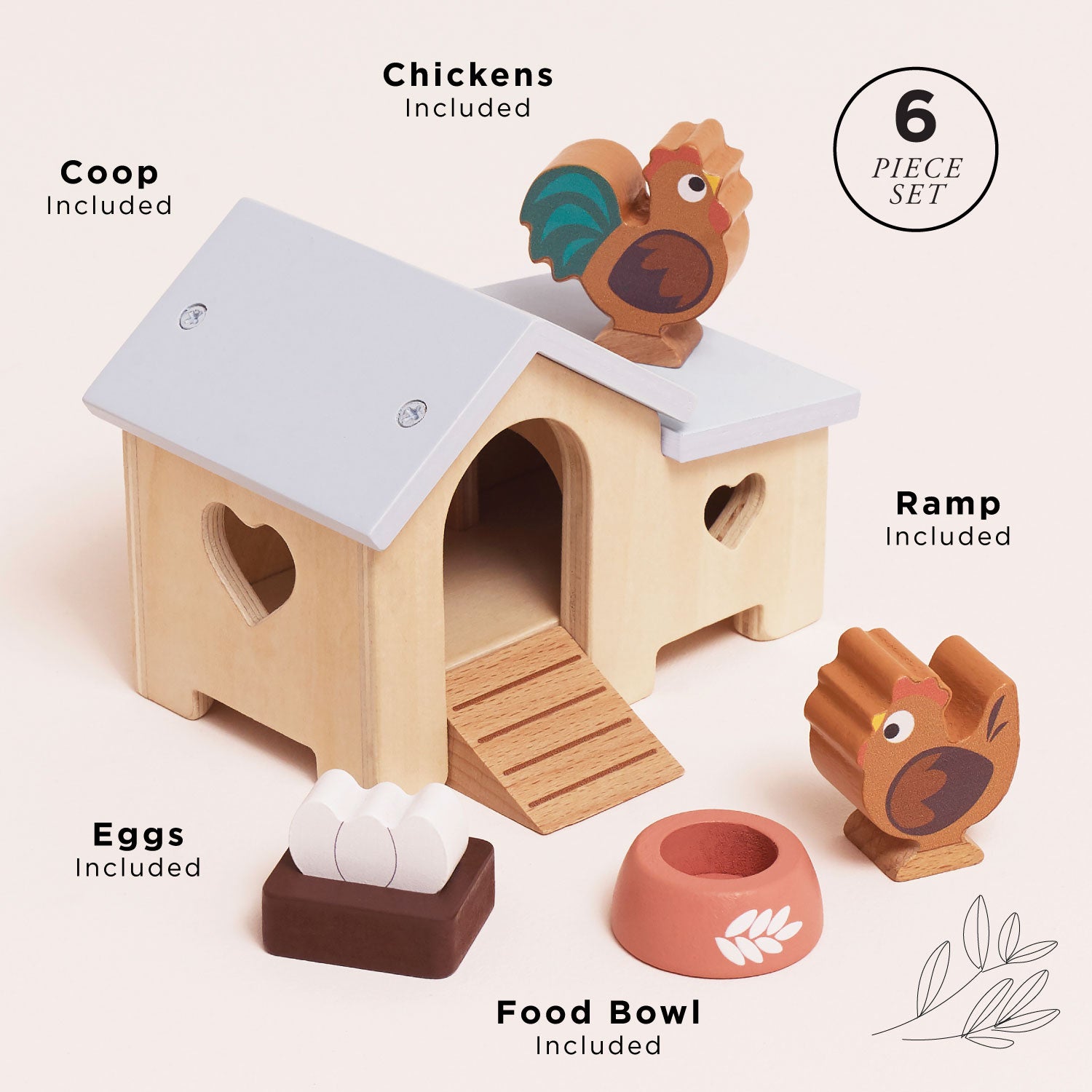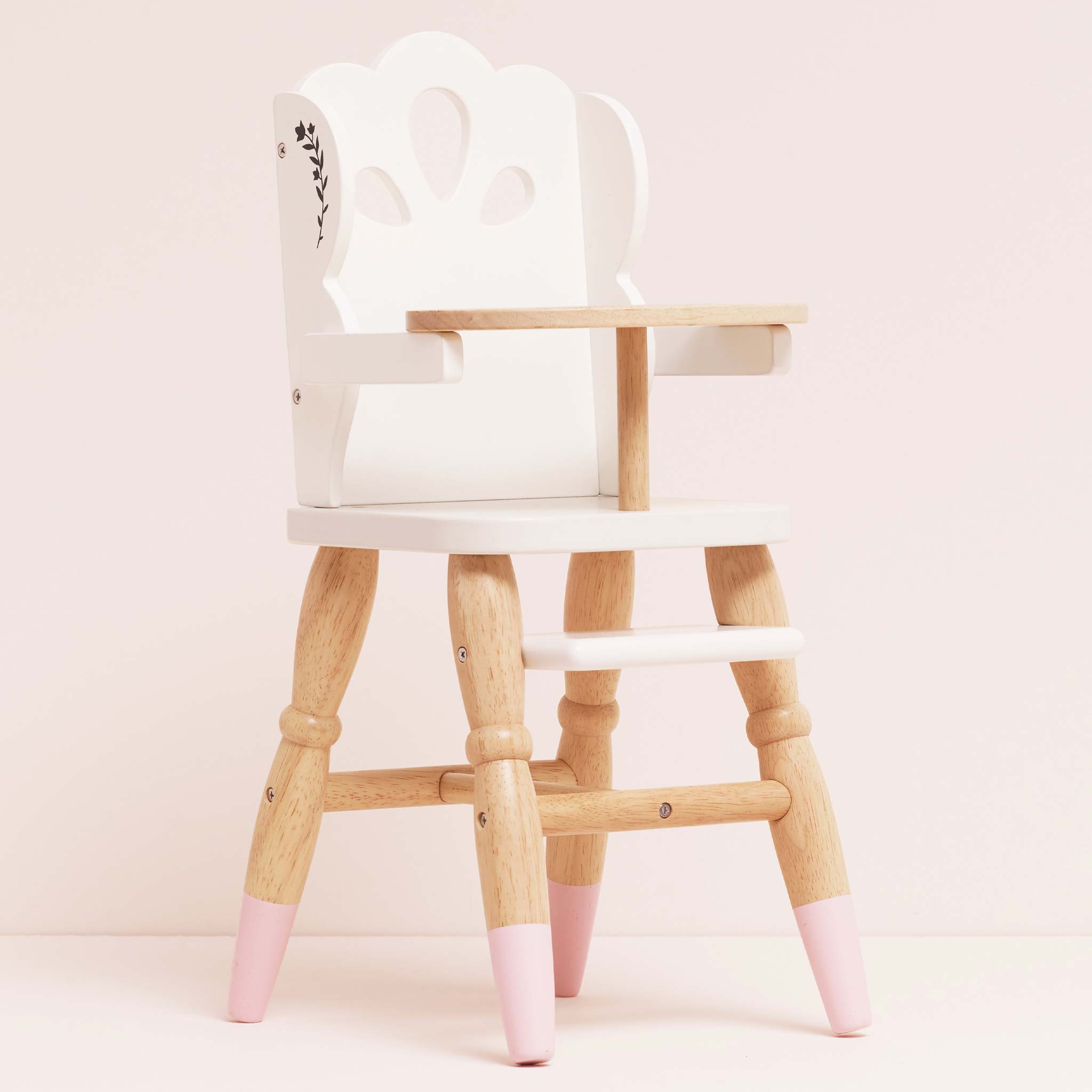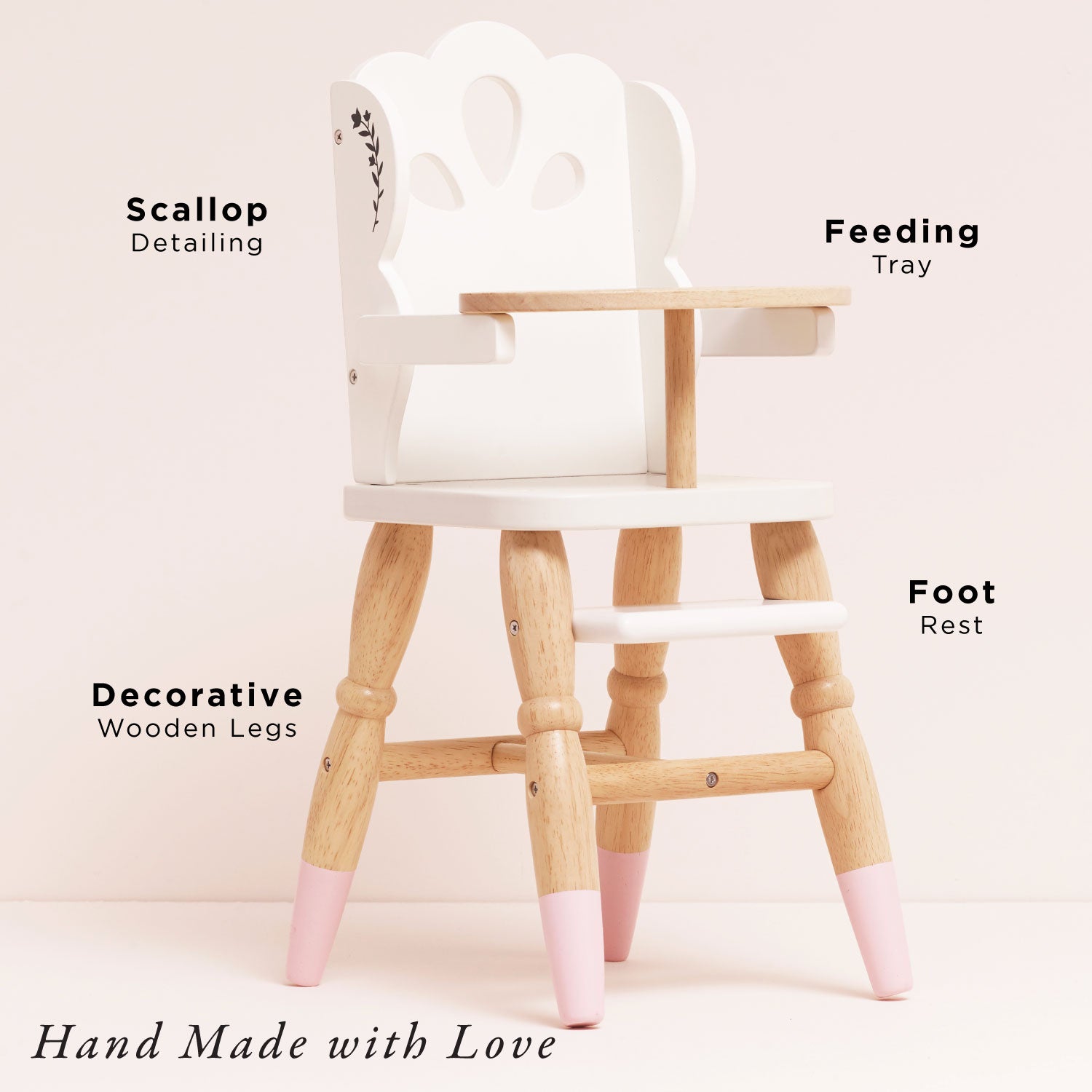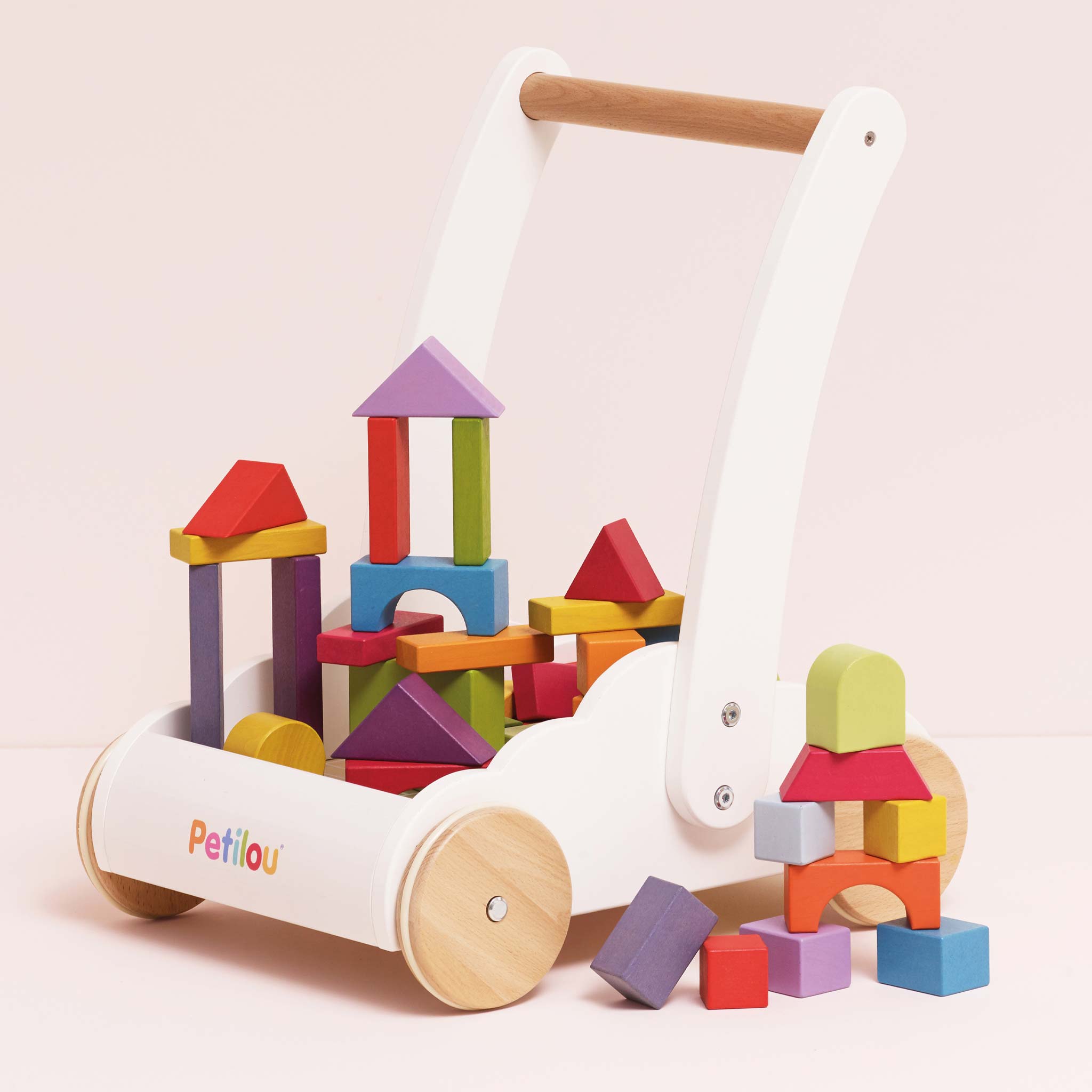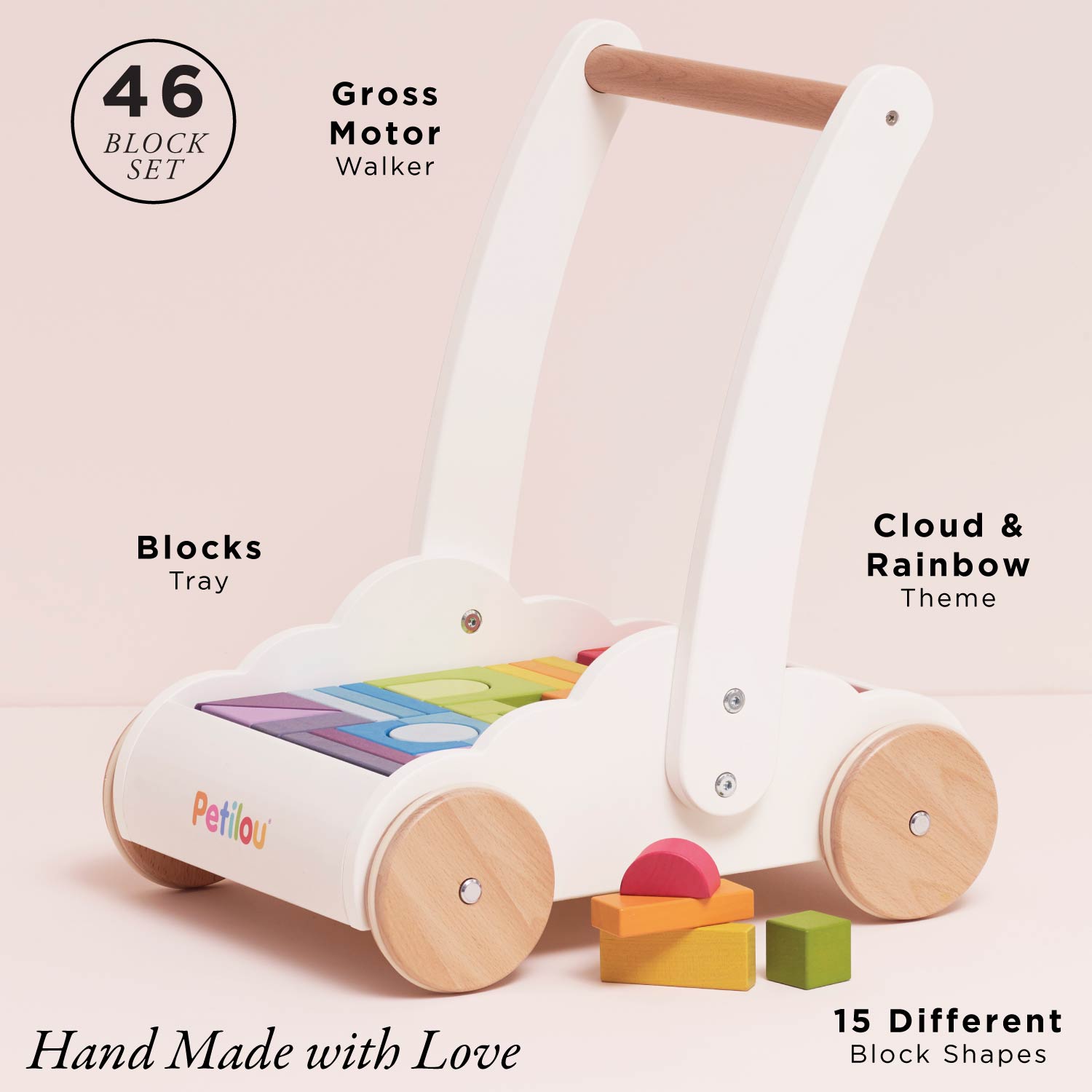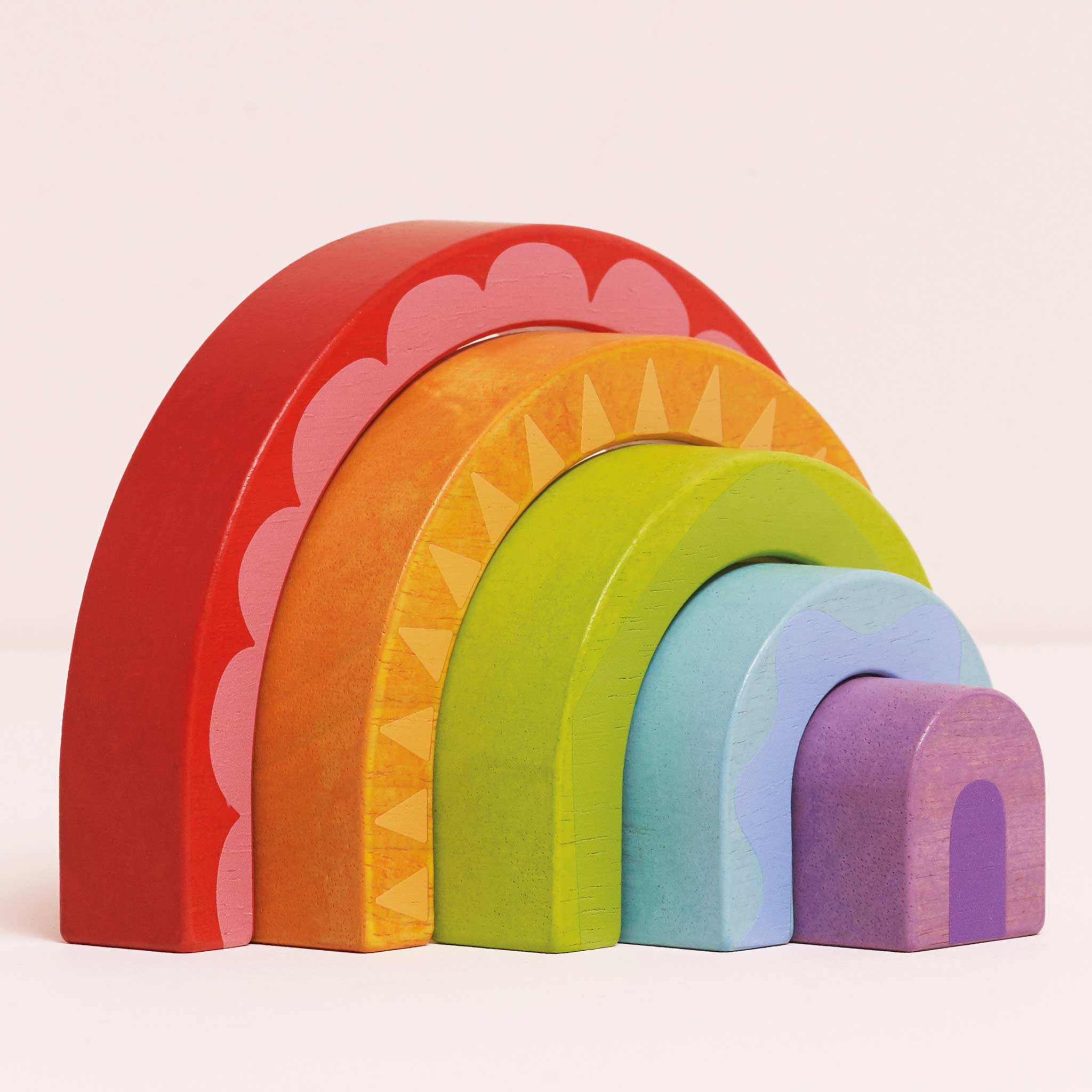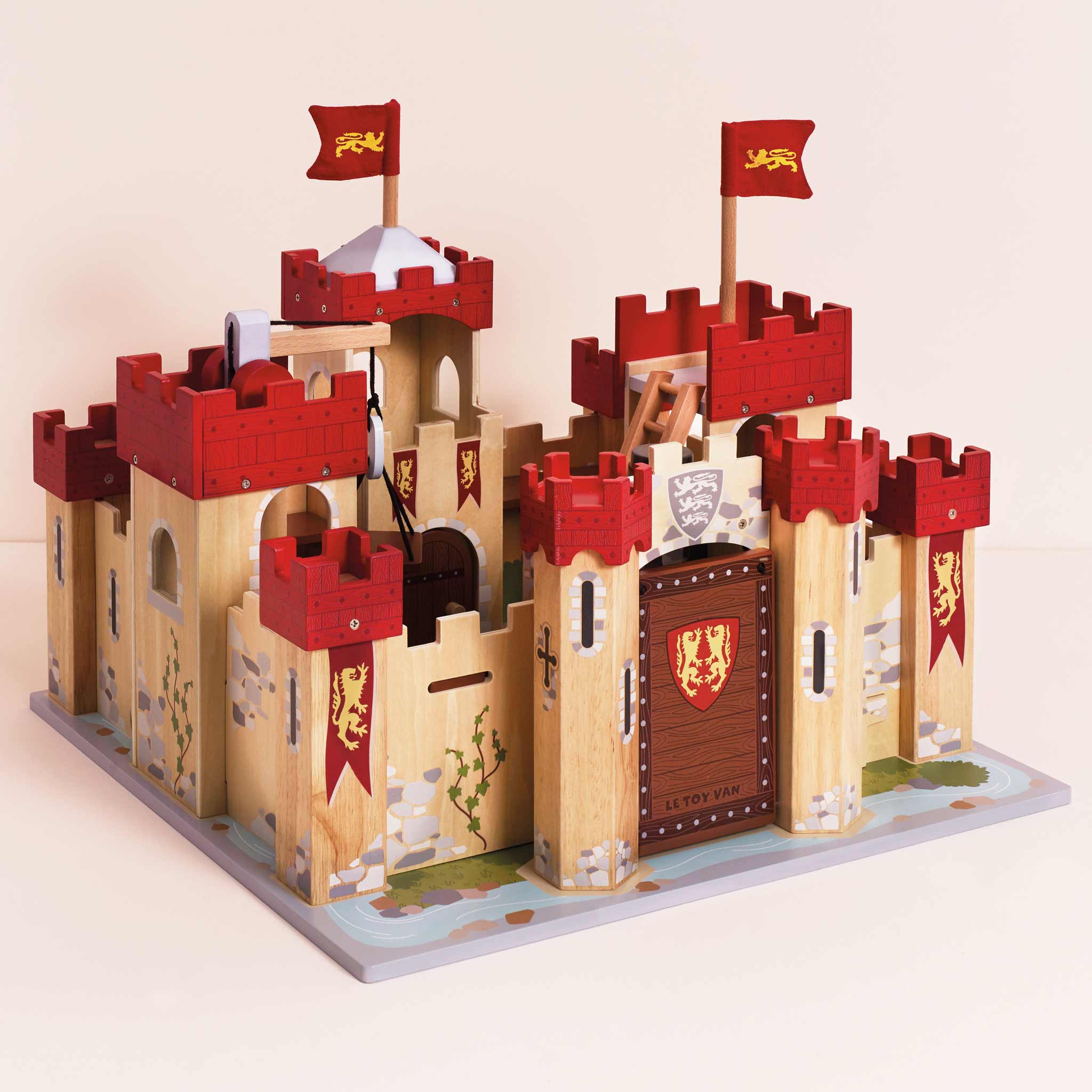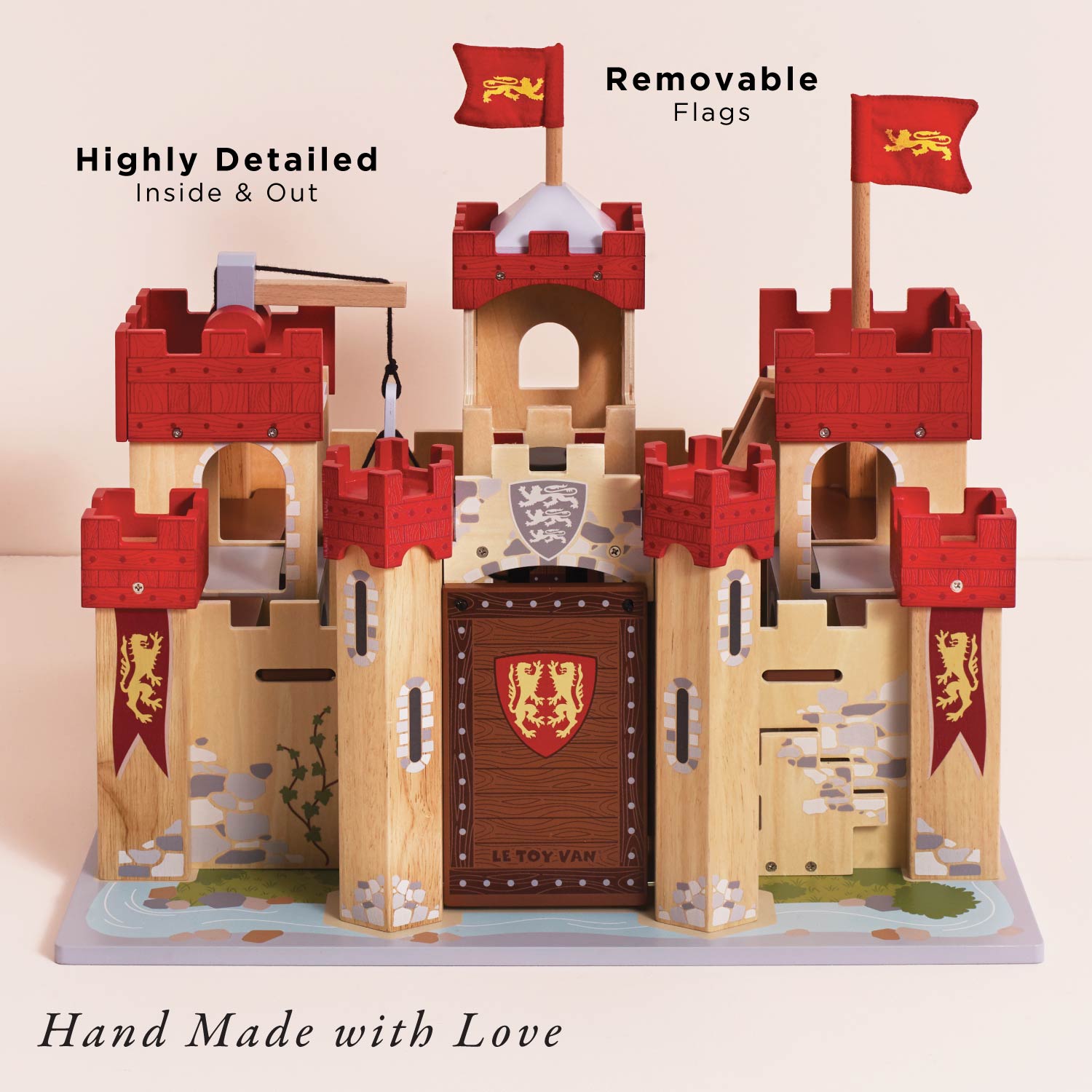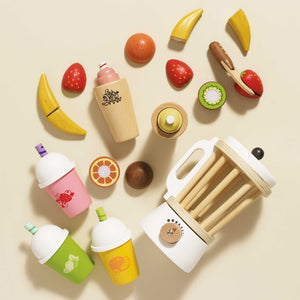Most parents at some stage would like to know if their child is where they ought to be in terms of their learning and developmental abilities, and question whether their child is ahead of other children, behind or average. In order to determine this, a number of societies have outlined developmental milestones (these may vary according to culture) which define what a child should be able to do at a certain age. Although every child is different, there are clear ideas about the range of normal development from birth to 5 years – this is usually measured by both parents and health professionals alike and reaching these milestones is part of normal, healthy development in children. In cases where children do not reach these milestones, it is often a sign that something is wrong.

The Importance of Play
So where does play come into all of this? Play is a young child’s main occupation – it describes what children do when they follow their own ideas and interests and is highly beneficial in a number of ways. It is a brain building, rather than frivolous activity, helping to facilitate sensory, motor, social and emotional skills which in turn helps each child in their journey towards developmental milestones, whilst at the same time improving quality of life and increasing confidence – play is an essential part of everyday life and vital for the enjoyment of childhood.
This is evident from cultures across the globe, where regardless of social and economic circumstances, young children always seek to play, building their imagination and creativity, as well as promoting physical fitness, greater independence and helping to regulate emotional and behavioural patterns.
What is Interactive Play?
Interactive play describes the way in which children play together and engage with one another, or how they engage with and use toys during play. It is through this type of play that from a very early age, children begin to interact with the world around them and learn social skills such as sharing, turn taking, communication.
There are different ways in which children engage in interactive play - it may be active play which involves a lot of physical movement and is helpful with coordination, motor skills, balance and spending pent up energy.
It may be role play, where the child recreates scenes based on their exposure to everyday life, playing shop keepers for example. This type of play often includes more than one child and encourages children to collaborate, compromise and deal with each other’s reactions and emotions – however, role play can also involve lone play.
Another type of interactive play is constructive play, where the aim is for children to work together (or alone) to achieve a goal i.e. to build something, this helps them to develop their problem-solving skills and focus attention.
There is also creative play, where children use toys or materials to create – this type of play involves vivid use of the imagination and allows for free thinking as well as encouraging mindfulness.

How Can Interactive Play Help Children Reach Developmental Milestones?
Interactive play can help with general development in children in a number of areas. As a child grows, he or she goes through different stages of play development, these in turn, help to reach developmental milestones as well as learning fundamental life skills.
Improved Language & Communication Skills
The use of play also allows children to learn how to communicate more effectively. Toys and other objects can help teach children colours, shapes and any associated noises, such as rustling or a bell ringing. This helps to feed language development.
Enhanced Empathy and Ability to Manage Emotions
Interactive play helps children to learn to deal with a wide range of emotions from happiness, excitement, anger, fear to aggression and others. It also helps them to develop empathy and understanding for others, as well as coping with their own emotions and frustrations e.g. when play doesn’t go as they expected – all of which helps to relieve stress, increase happiness and provide a more harmonious existence.
Fine Motor Skills
Playing with interactive toys can help children develop their coordination and dexterity, by using toys to build and create.
Improved Cognitive Abilities
It is also understood that interactive play may help contribute towards academic skills by improving cognitive abilities and actively engaging children in the world around them, providing them with the opportunity to test out new ideas and make connections in a safe and secure environment.
Family Bonding
Interactive play helps families to bond with one another, building relationships between children and their parents or care providers to gain a greater understanding of each other, as well as having fun together through play. Interactive play with adults is important for adults and is something which provides great enjoyment and increased feelings of security and overall wellbeing. This helps children to regulate their emotions and subsequently meet developmental milestones.
Our Interactive Toy Range
Le Toy Van offers a comprehensive selection of interactive toys, catering for various different types of needs. The Honeybake roleplay collection for example, encourages children to get into character and engage in pretend play, acting out real life scenarios and learning through their play, helping to build creativity and social skills through imaginative role play. Other types of popular interactive toys include toy kitchens, play shops and cafes, baking sets and accessories, pretend market stalls and ice cream trolleys to name but a few.
For more information on our range of interactive toys, explore our range of collections, watch our product videos, or view our online catalogue.

